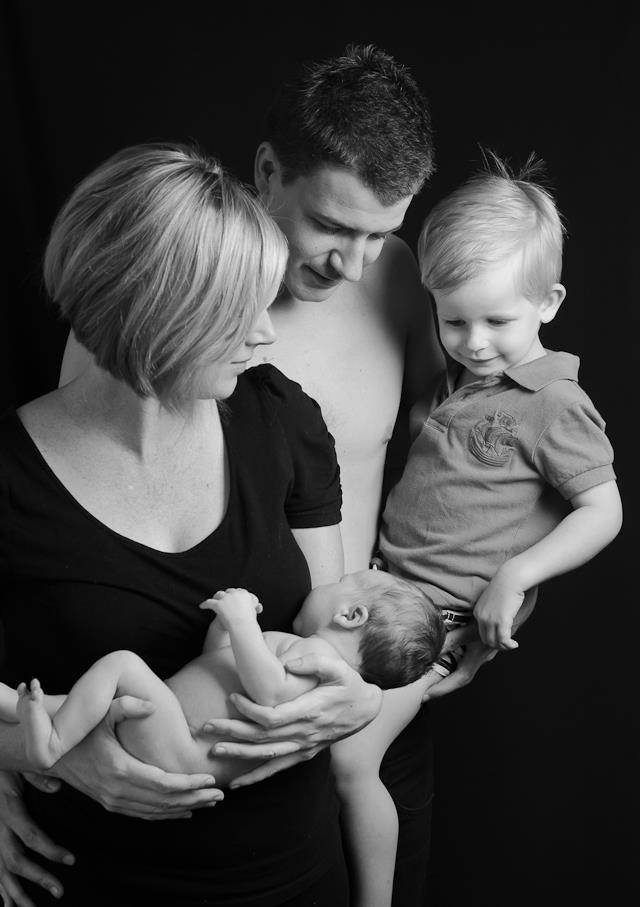 11 Sep 2015
11 Sep 2015
BY: Sara Trayman
Therapy Articles
Comments: No Comments
How to set ourselves free from our own minds
‘Emancipate yourselves from mental slavery, none but ourselves can free our minds’ Bob Marley
I find this quote really helpful to sum up how and why therapy can be useful for people to help them manage the emotional difficulties they have. It highlights that only we have the power to change how we think, feel and behave. We cannot change the world around us and we cannot make the people who we are close to change either, all we can change is ourselves.
One challenge we have as human beings is that we all want to feel like we are in control of our own lives and so when difficult feelings, events and situations arise we feel that we want to control them. However, there is only so much we can control and ultimately all we can control is ourselves, how we choose to think, behave and live.
There are times when we are slaves to our thoughts and perceptions and they become rigid and inflexible. This can be limiting as the world does not operate in the ‘black and white’ or ‘either/or’ that our minds prefer. This limit on our minds and the world does not afford us the flexibility which helps us to navigate life’s rollercoasters.
Figuring out how to think more flexibly and consider multiple perspectives allows us to free ourselves. Only we have the power to free ourselves-you cannot easily teach someone how to achieve this but sometimes in therapy people are able to figure this out for themselves. So try it, question and wonder about whether the way you are seeing things might be seen differently by other people who are kind to you and want the best for you. Be kind to yourself in the ways that they will be and set yourself free from thoughts which just hold you back and limit yourself.
 10 Jun 2015
10 Jun 2015
BY: Sara Trayman
Uncategorized
Comments: No Comments
Why we must talk to each other
I recently read an article in the New York Times called ‘The Stories that Bind Us’. It emphasises the importance of a strong family narrative i.e. story as being indicative of a resilient family unit. We all know that society is made up of lots of different types of family units. Some people live in extended families or with family members close by. Others may live hundreds or even thousands of miles away from their immediate family and are much more isolated. They may have close connections with the local faith group or community that they belong to. Or they may be part of a small village and town where neighbours are their closest friends. Or they may be isolated with a small selection of people whom they can turn to.
Whatever environment we live in as human beings we have a strong desire for connections and bonds with others. But perhaps the bonds we most privilege as a society and a human being are those with our family and those we care about. The article I read reminded me how important it is to talk to each other. For each of us to have a sense of where we come from, what came before us and how we come to live the lives that we do. At times of crisis our sense of ourselves and our identity is such a crucial part of the resources we must draw from to make it through those tough times. Our own sense derived from family stories of survival, of determination, of hope and of overcoming past hardships. Each of our family stories are unique, not always filled with joy and wonderful memories but also past traumas and hurts and difficulties endured. But they make us who we are and they tell us about how our families and their families before them came to live where they do, build what they have and be who we are.
So go and talk, talk to your parents, your grandparents, your children and theirs and all cousins and aunts and uncles and close friends. Share with them your memories and stories and listen to theirs. Help them to figure out who they are and what they are capable of. Let those stories bind you together and help you to know you.
The more we tell the stories of our families – the ups and downs, the things we have overcome, the more we offer a story that will help our children thrive and survive throughout their lives.
 02 Jun 2015
02 Jun 2015
BY: Sara Trayman
Uncategorized
Comments: No Comments
Does my child ‘attention-seeking’ mean something is wrong?
Your child wants you to watch what he/she does. He/she wants you to feed her when he/she can feed herself. He/she constantly demands that you help with things he/she can do or says ‘no’ to things he/she actually wants – seemingly to spite you. These and other behaviours are those parents experience which might make them wonder, what is wrong with my child? Why are they being so demanding of my attention? They have my attention all the time.
Well sometimes it can be useful to see these ‘attention-seeking behaviours’ as a communication. The child who runs off when all they really want is for someone to chase them. What your child may be trying to do is to keep you close. This may be what they need to help them feel safe or to ensure that they are ok and with someone that can sensitively respond so they can feel safe to explore the world.
What’s the difference between attention seeking and proximity-seeking?
As babies we need to seek closeness to an adult who can protect us and keep us safe in the world and this need is considered a ‘biological drive’ i.e. it helps us to survive. Therefore we need to attract the attention of others in order to keep them close. Sometimes this attention is a negative behaviour such as crying or hiding which requires others to find us, soothe us and reassure us that they are there to support us.
At times when we feel overwhelmed we may need a significant person in our life to be ‘tuned in’ to us and to understand what we are asking for. However, sometimes we need to get the attention of the other to let them know that this is what we need. Once we have what we need we can relax and the ‘attention-seeking’ is not as frequently required. As we learn that others can be relied upon to give us what we need we feel more confident to separate from them and explore the world.
What can I do to reassure my child that they are safe?
- Show them that you are available and ready to respond when they need you.
- Respond sensitively and help them to understand their feelings by seeing things from their perspective and naming their feelings.
- Value your child and recognise them for who they are.
- Help them to feel confident and to make choices within safe boundaries.
- Help them to feel like they belong and that they can trust others.
 02 Oct 2014
02 Oct 2014
BY: Sara Trayman
Uncategorized
Comments: No Comments
Myths of therapy
Many people find the idea of going to talk to a complete stranger extremely frightening. They do not know what is expected of them or what to expect. However there are often beliefs about therapy that people have which might stop them from trying it out. A few of these myths are explored here.
My therapist is an expert and can tell me what I should do
Your therapist will see you as the expert in your life and that you have the answers within yourself. You may just need some help to find them. Your therapist is there to help you figure out what you want to do not assume to know or tell you what they think you should do
My therapist will constantly assess me and decide if what I am doing is right or wrong
Your therapist is not there to pass judgement but to try to understand you and help you to decide what’s right for you.
Your therapist will always blame your childhood and want to talk about that
It is true that many therapists believe that your early experiences have an impact in shaping the person you have become. However not all therapists focus on this-the key is to develop ideas and understanding about yourself and who you are now.
Talking about things with a therapist won’t change anything-what’s the point?
It’s true that talking won’t change the outside circumstances or other people but it may help you to develop strategies for managing these situations better.
If I start with one therapist I’m stuck with them
It is important to see a therapist who you feel comfortable with. The relationship you have with your therapist is the most important part of therapy. When you are funding therapy yourself you are the client and can decide who you see. Feel free to see more than one person, shop around, until you find the right therapist for you.
What actually is therapy?
- Therapy is a space to talk and it is a place to be yourself
- It is not about getting advice but based on the idea you have the answers within yourself and may just need the space and supportive and safe place to find them
- Therapy helps people become unstuck, make sense of things and come to accept the things that they can’t change and change the things they can.
- It is not necessarily about being analysed and definitely not about being judged
- It helps some people to story their life and experiences in new and helpful ways
- It helps people to understand themselves and develop greater empathy for themselves and others
- Therapy offers the safety of a non-judgemental, caring and empathic professional relationship with someone whose only agenda is to help them achieve their desired goals
